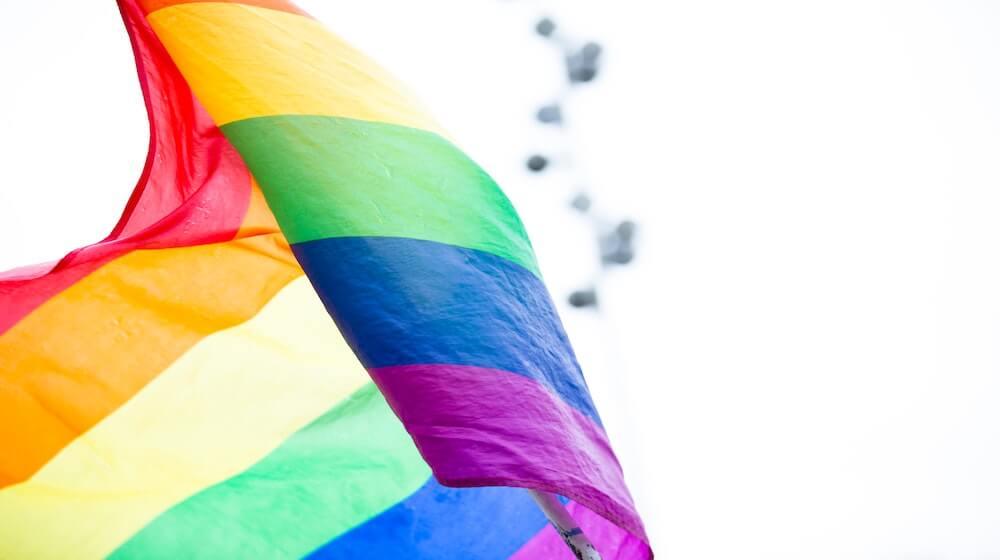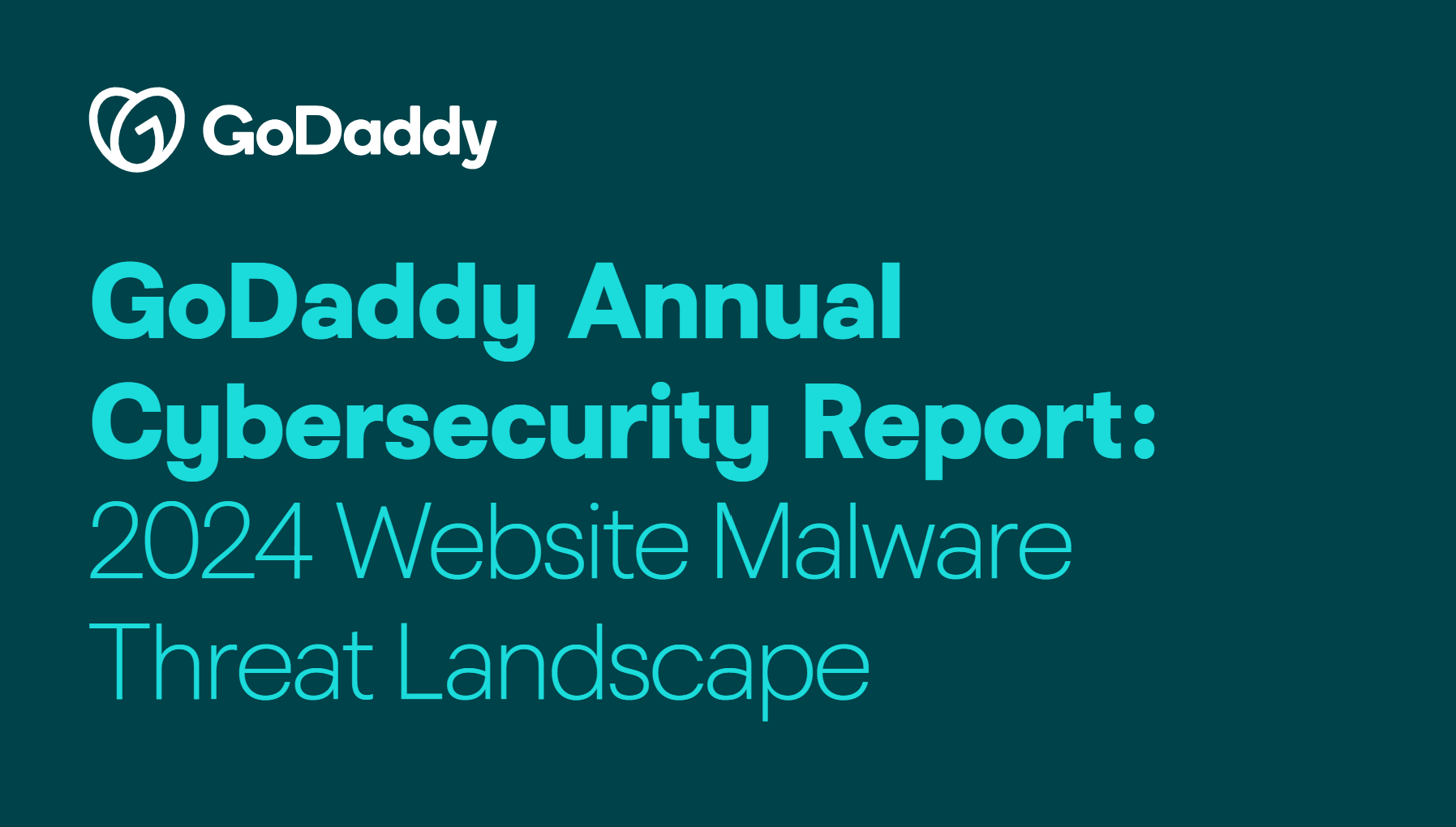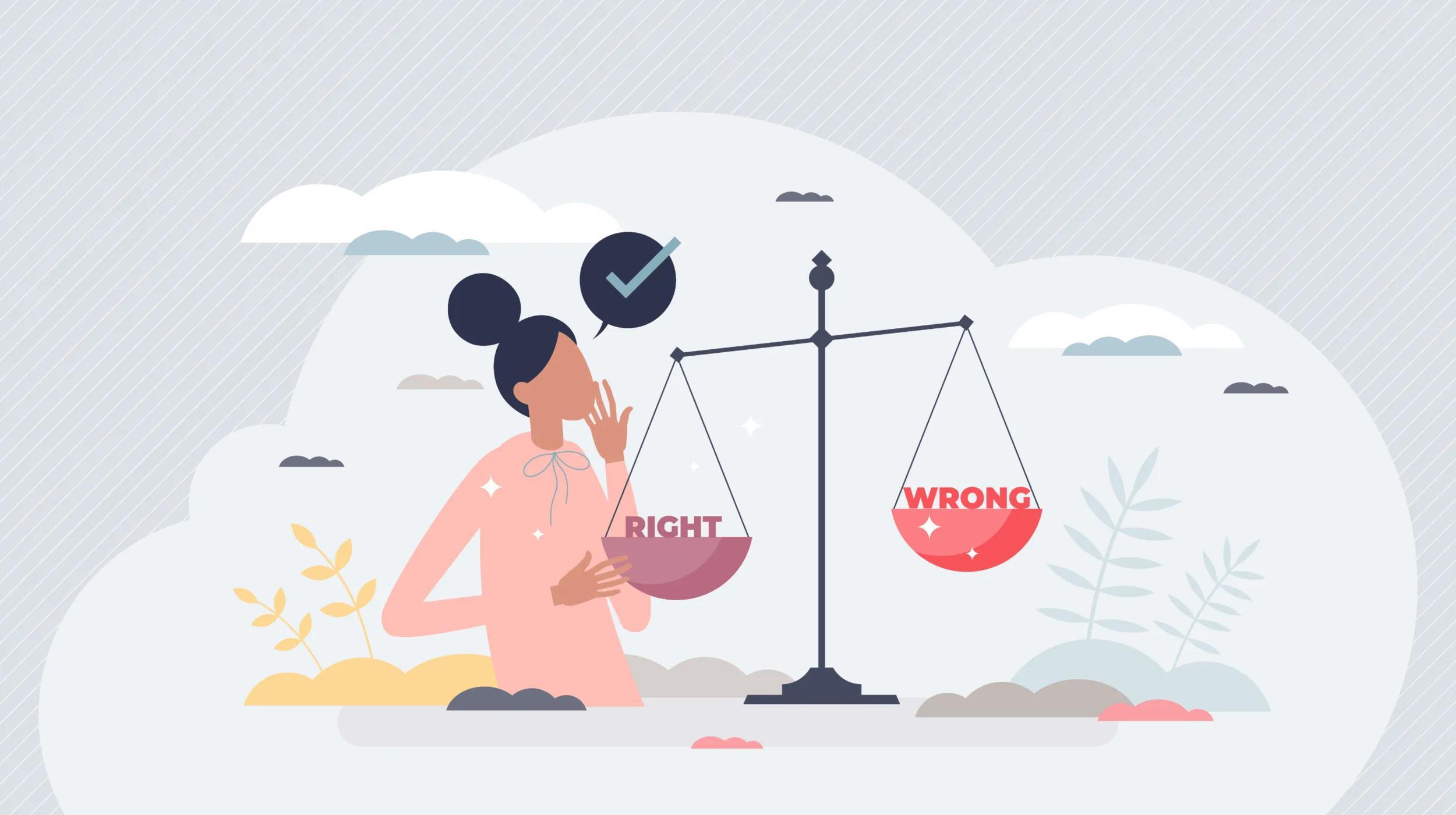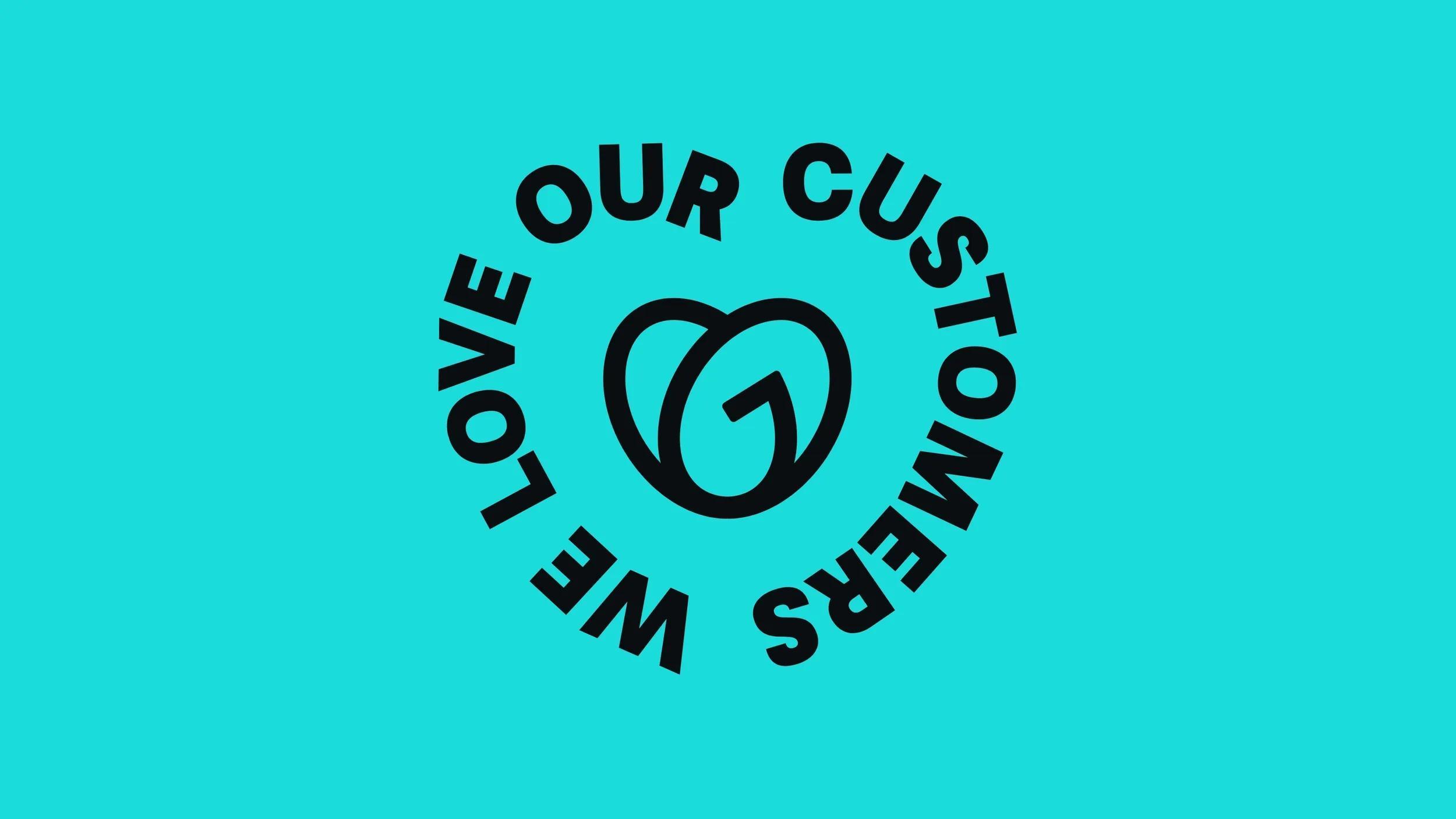Starting a small business is a big step that requires knowledge, preparation and courage. But for members of the LGBTQIA+ community, there are additional challenges, such as discrimination and finding support for their venture.
To gain a deeper understanding of the LGBTQIA+ entrepreneur experience, GoDaddy recently conducted a survey of 510 small business owners from all walks of life to gain insight into their perspectives on issues that impact the LGBTQIA+ community.
Conducted this year between May 17 and May 25, the survey found that there are differences between businesses owned by members of the LGBTQIA+ community and those that are not.
Facing discrimination
Discrimination and harassment continue to be predominant issues for LGBTQIA+ small business owners. Nearly one in three (32%) of those surveyed report encountering issues with online harassment or discrimination directed towards their business due to their LGBTQIA+ identity.
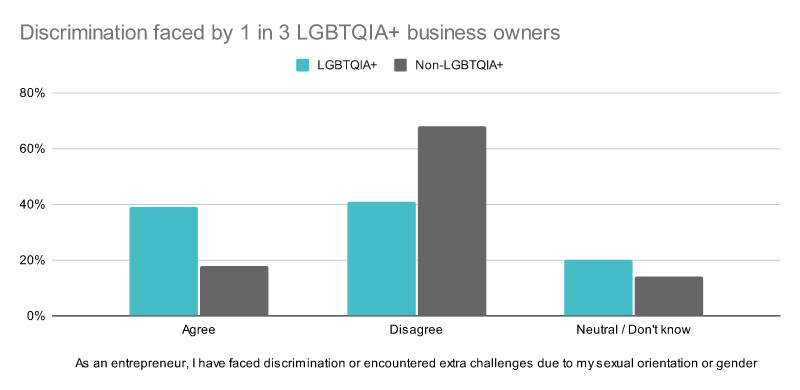
Meanwhile, less than 20% of non-LGBTQIA+ business owners report this.
Networking opportunities
One important finding is that 71% of LGBTQIA+ entrepreneurs agree that having networks and communities of support is crucial to the success of their businesses. This is higher than non-LGBTQIA+ business owners, 59% of whom desire that support.
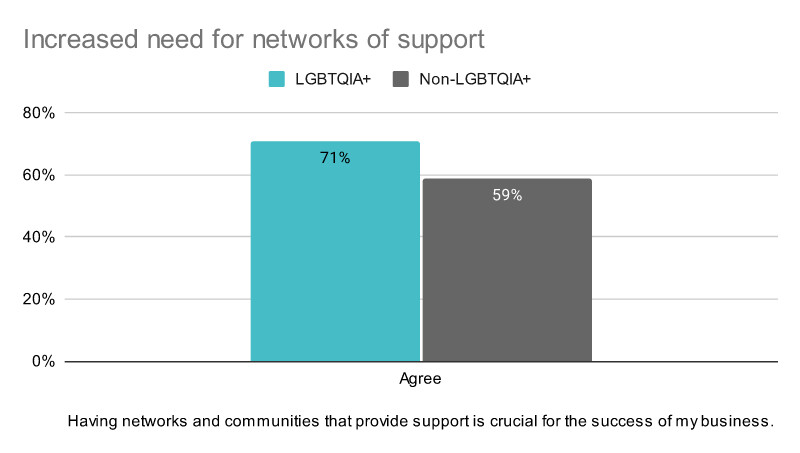
Our survey showed that one quarter of LGBTQIA+ business owners have received targeted support, most often in the form of networking, mentorship or financial support.
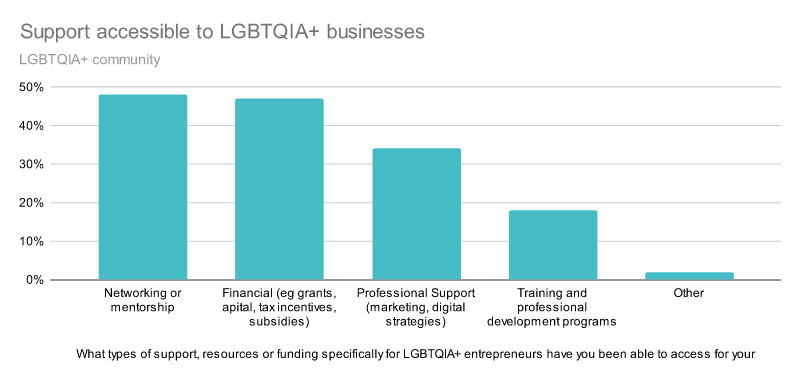
Community engagement
When it comes to support for LGBTQIA+ entrepreneurs and business owners, 45% said community engagement and support were most critical to them.
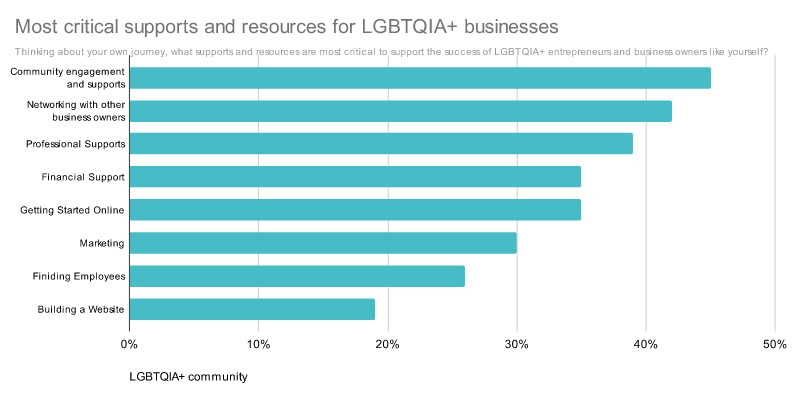
58% of LGBTQIA+ business owners report feeling like the business community is currently supportive of business owners like themselves.
Using technology
One of the most significant differences is that LGBTQIA+ owned businesses are more likely to sell products using social media. They are also more likely to have done paid online marketing activity.
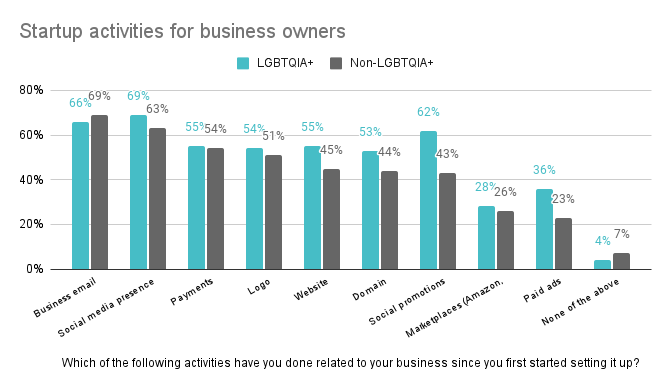
However, among all businesses that are not using paid marketing activities, LGBTQIA+ business owners are most likely to say that they don't know where to start — 41% of LGBTQIA+ business owners compared with 16% of the general community report this.
This data also showed a higher percentage of the LGBTQIA+ identity among Gen Z and Millennials, which may explain the increased use of social media and digital marketing.
Finding allies
In terms of allyship, 45% of all business owners surveyed indicate that they advocate for fellow business owners who are part of the LGBTQIA+ community. A sense of fairness and equality resonated among the vast majority of respondents.
Benefits of allyship
We found 73% of business owners report positive reactions and benefits to their business to being an ally. Allies are also generally younger, with 79% of allies being either GenZ or Millennial.

Examining the attitudes of the general population
We also conducted a separate poll of 1,000 individuals from the general population during June 5-7 2023. Specifically, we wanted to know how people feel about businesses that support LGBTQIA+ people and how these answers change based on a variety of factors.

Overall, most responses are neutral. However, 33% of respondents indicated they were more likely to do business with companies that show support for LGBTQIA+ community, while 22% said they were less likely.
Support for the LGBTQIA+ community is higher among younger generations
Interestingly, our data suggests a generational shift in attitudes. In the coming years, it is crucial for businesses to consider how they are showing their support of LGBTQIA+ rights.
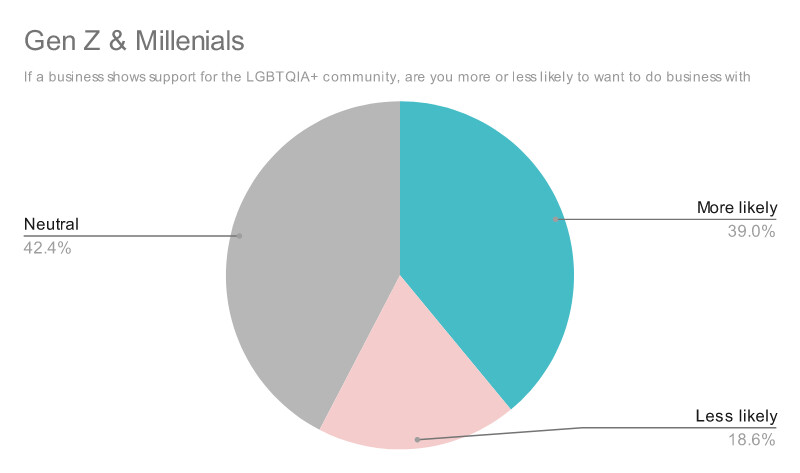
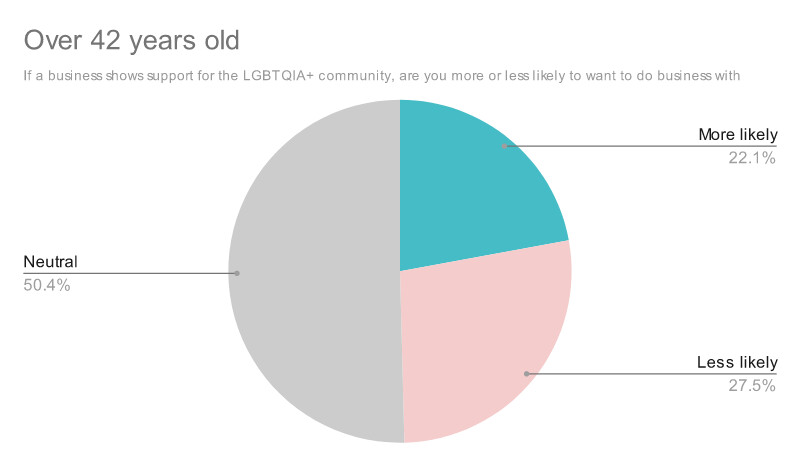
With Gen Z and millennials, we noted a 76% increase in the likelihood to do business with those who show support for the LGBTQIA+ community. Companies that fail to embrace diversity and inclusivity risk losing out on a significant customer base, while, businesses that prioritize diversity and inclusivity may emerge as market leaders.
Personal connections to the LGBTQIA+ community affects responses
Not surprisingly, we found personal ties to members of the LGBTQIA+ community affected responses.
We began by asking whether survey respondents knew someone personally in the LGBTQIA+ community. Of these respondents, 42% knew someone that identified as LGBTQIA+ while also indicating a greater likelihood to do business with companies that show support for the community.


Of those who did not know someone in the LGBTQIA+ community, 32% were less likely to do business with a company that showed support. This is a 28% increase compared to the general population.
Conclusion
Overall, the two surveys highlight the importance of community support for LGBTQIA+ owned businesses and the prevalence of discrimination and harassment in the business world. It also shows that more education and resources are needed to help LGBTQIA+ business owners navigate the world of marketing and advertising.
